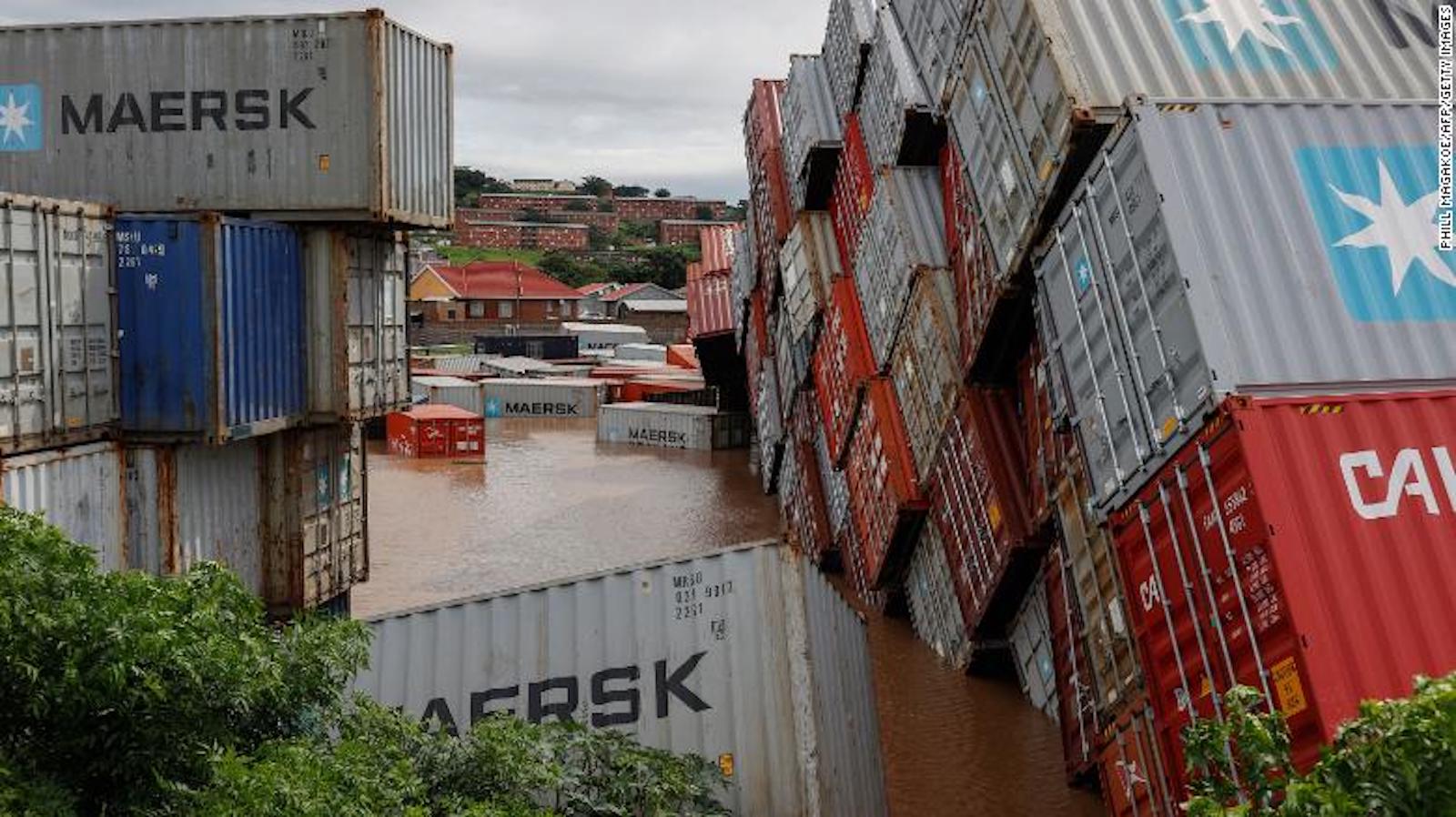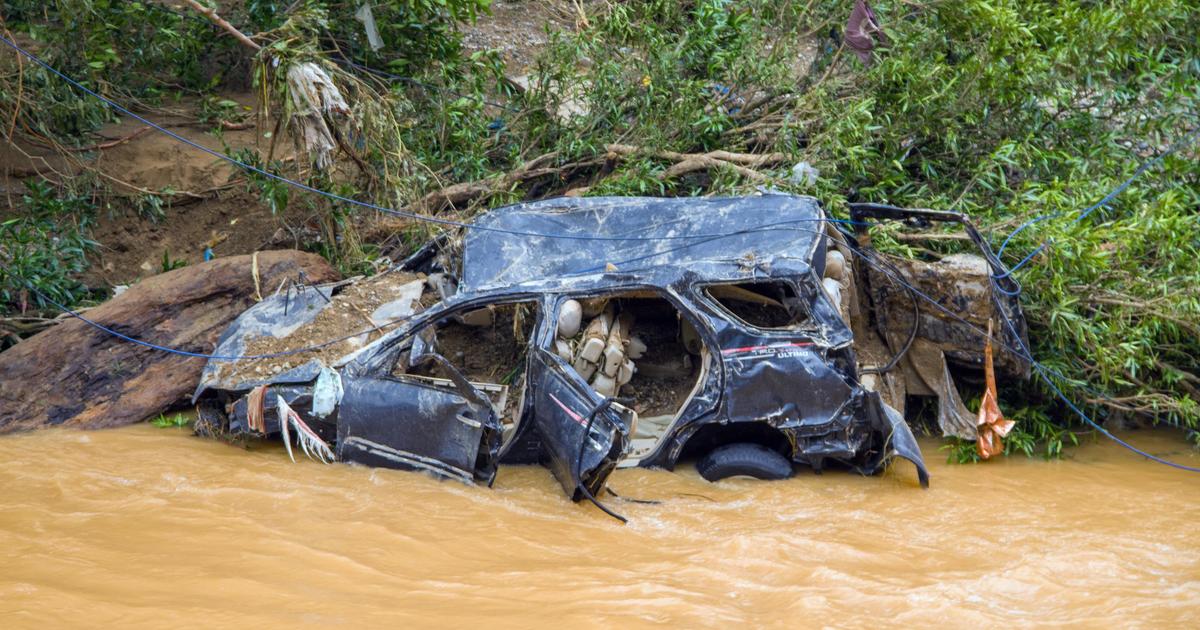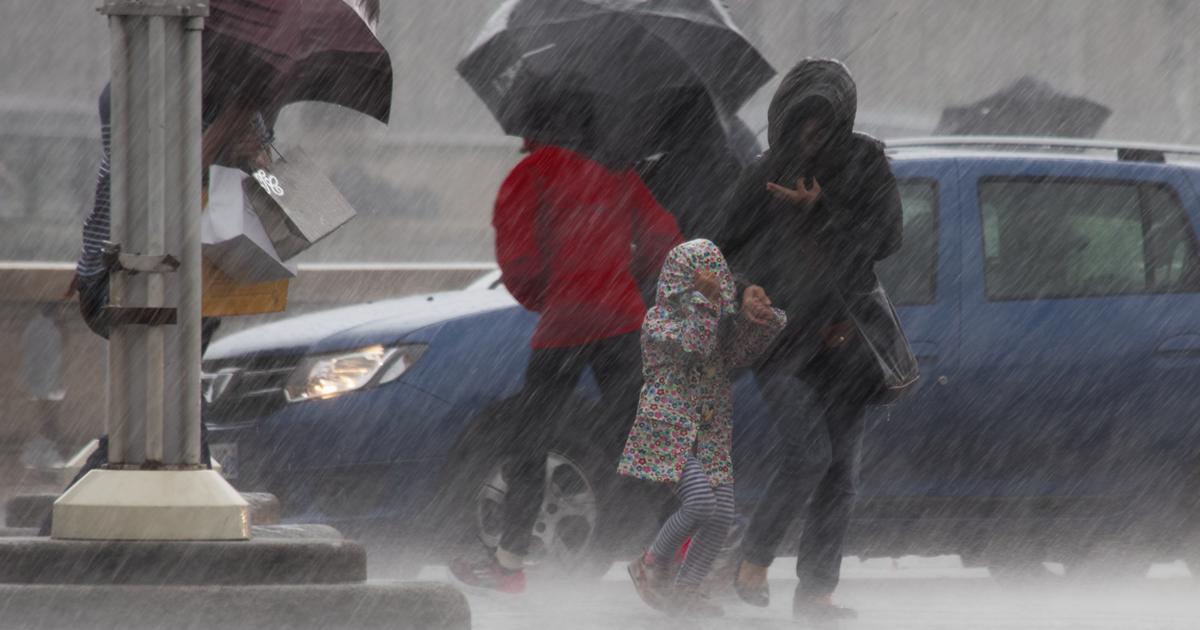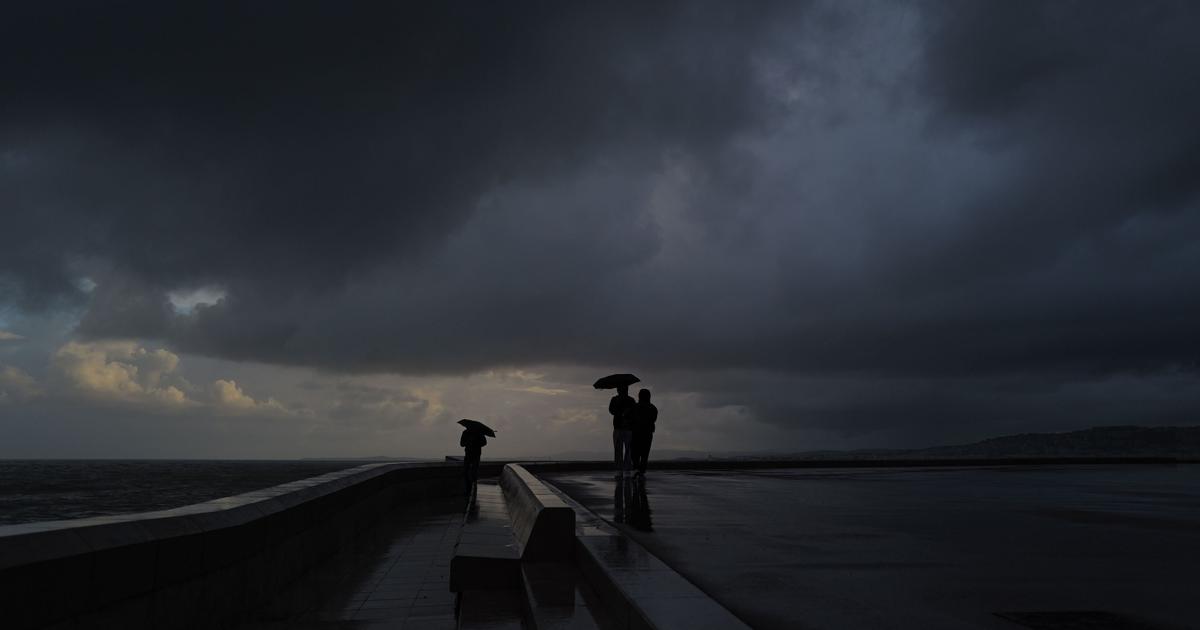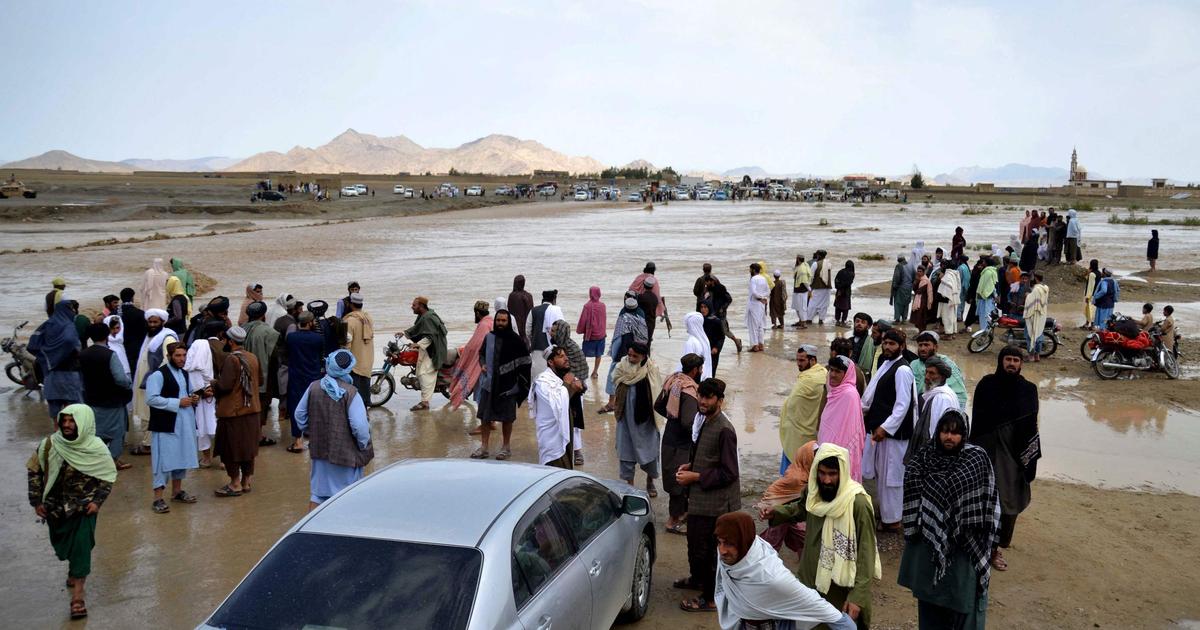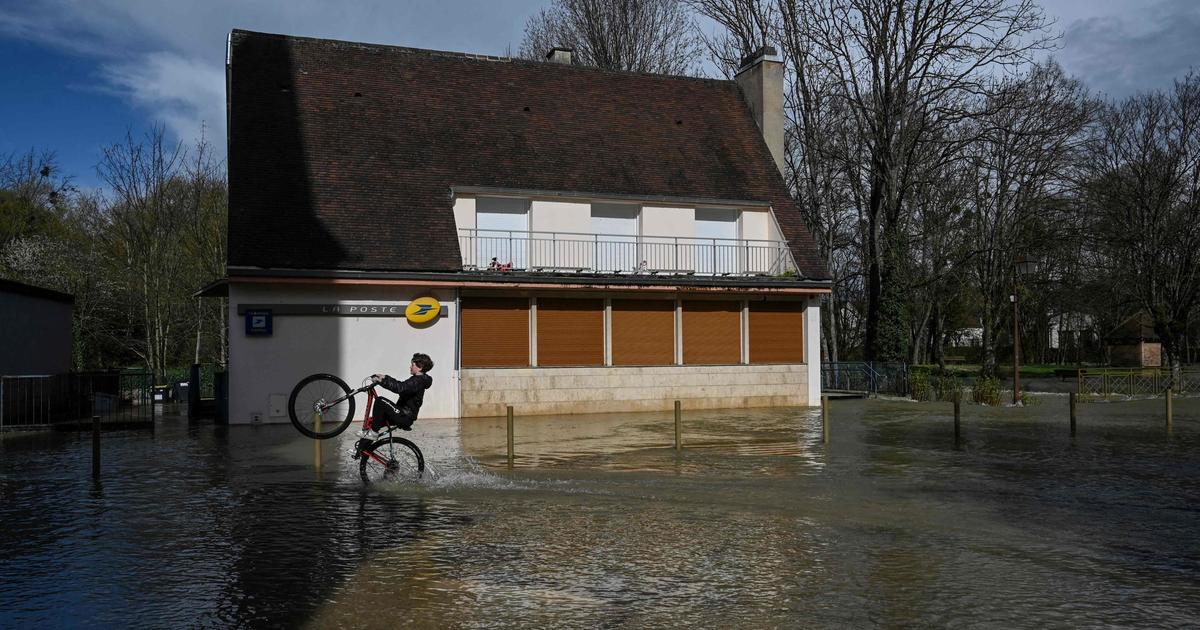This is how dozens of containers were displaced by floods 0:47
(CNN) --
Heavy rains and flooding have lashed South Africa's east coast, killing at least 306 people, destroying roads and homes, the regional government tweeted late Wednesday, adding that rescuers continue to help affected residents.
Flooding hit KwaZulu-Natal province, which includes the coastal city of Durban, where roads cracked and gave way to deep fissures, and a huge stack of shipping containers collapsed into murky waters, news agency footage shows.
A bridge near Durban was washed away, leaving people stranded on both sides of the road.
KwaZulu-Natal has experienced extreme rain since Monday, in what the provincial government called "one of the worst weather storms in our country's history" in a statement posted on Facebook, where it also reported the death toll.
Dozens of containers were displaced by floods in South Africa
A severely damaged road and house following heavy rain in Durban on Tuesday.
(Credit: RAJESH JANTILAL/AFP via Getty Images)
Rains in South Africa leave "incalculable havoc"
"The heavy rains that have fallen on our land in recent days have caused untold havoc and caused massive damage to lives and infrastructure," he said.
advertising
Crews have been evacuating people in areas that had experienced "mudslides, flooding and structural collapse of buildings and roads," Sipho Hlomuka, a member of the Executive Council for Cooperative Governance and Traditional Affairs in KwaZulu-Natal, said on Twitter on Tuesday.
Shipping containers toppled over in heavy rain and winds in Durban. (Credit: PHILL MAGAKOE/AFP via Getty Images)
"Heavy rains have affected power lines in many municipalities with technical teams working around the clock to restore power," Hlomuka added.
Power stations have been flooded and inaccessible in the hard-hit eThekwini municipality, Mayor Mxolisi Kaunda told reporters, while main water pipes were also damaged.
The local government has asked private and religious institutions to help with emergency relief operations, and has enlisted the help of the South African National Defense Force to provide air support, he said.
Extreme weather hits South Africa
The extreme weather comes just months after heavy rains and flooding hit other parts of southern Africa, with three tropical cyclones and two tropical storms over just six weeks since late January.
There were 230 reported deaths and one million people affected.
Scientists from the World Weather Attribution (WWA) project, which analyzes how much the climate crisis may have contributed to an extreme weather event, found that climate change increased the probability of such events occurring.
"Again we are seeing how the people with the least responsibility for climate change are bearing the brunt of the impacts," WWA's Friederike Otto, of the Grantham Institute for Climate Change and the Environment at Imperial College London, said on Tuesday. , referring to previous storms in southern Africa.
A 'tragic proof' of how climate change could affect the world's poorest
On Tuesday, Durban resident Jomba Phiri looks over the land where his house stood before heavy rains destroyed it. (Credit: REUTERS/Rogan Ward)
"Rich countries should honor their commitments and increase the funds needed for adaptation and to compensate victims of extreme events caused by climate change with payments for loss and damage," he added.
The extreme weather events in southern Africa come as tensions rise between some developed and developing nations over who should pay for the damage and impacts of the climate crisis.
This is expected to be a major sticking point at the next international climate negotiations, the COP27 conference in Sharm el-Sheikh, Egypt, in November.
Scientists have warned that the world must try to limit global warming to 1.5 degrees Celsius above pre-industrial temperatures some 200 years ago to avoid some irreversible impacts of climate change.
Earth is already around 1.2 degrees Celsius warmer.
In southeastern Africa, a 2˚C warming is projected to bring an increase in the frequency and intensity of heavy rains and flooding, and an increase in the intensity of strong tropical cyclones, which are associated with more intense rainfall.
South Africa

